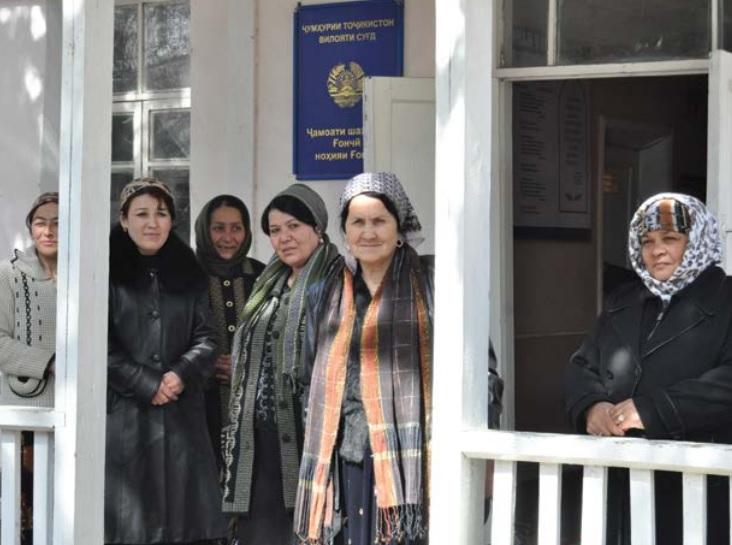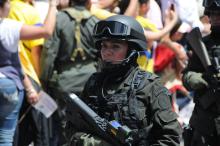CLAN LEADERS: MAJOR OBSTACLE TO SOMALI WOMEN’S POLITICAL PARTICIPATION
CLAN LEADERS: MAJOR OBSTACLE TO SOMALI WOMEN’S POLITICAL PARTICIPATION
Imagine being a woman who has lived in a stateless, militarised, and violent country for over two decades.
Imagine being a woman who has lived in a stateless, militarised, and violent country for over two decades.

